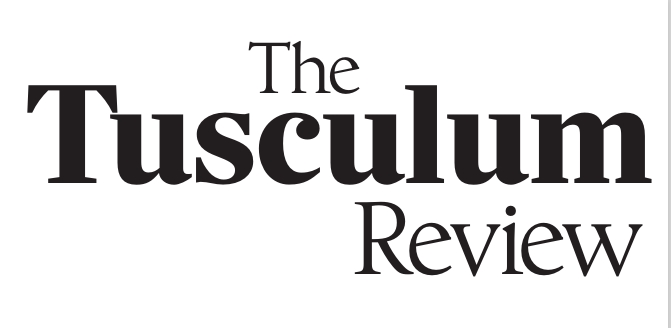Poetry communicates meaning via imaginative creation. I love the fact that this statement is not as simple as it looks. The power of a word depends upon the sensitivity of the reader as well as the precision of the poet. I’ve been told words “are like playthings,” but that characterization bespeaks frivolity when in truth (which is what poetry is), I’m more serious. I hope my poems enact Horace’s maxim, “to teach and to delight,” but the reader might keep in mind that delight does not necessarily mean happily entertain—at least not all the time—just as beautiful does not merely mean pretty. Rather than a treatise on deconstructionism, an oxymoron perhaps, I offer as my aim: the hope to awaken the richness of language because a beautiful poem affects and effects. In addition, all poets build on tradition, and if poetry refreshes tradition, the poem’s sense will help humanity (the collective noun and the personality trait) in an age of technology. As for form, I consider the symbiotic relationships among the white space of a page, the meanings of words, and the patterns of sound. I like a line to function on several levels, for example, “munches / smiles.” Enjambment annotates meaning: a line “break” engages and surpasses logic in order to deliver a spark of creativity that remains in all of us, but that we don’t practice. We move too quickly today, and we forget to listen. Sometimes I use meter, as in Love Letters, but I always depend on sound. A poem’s sound and rhythm disturb the sleeping spirit and bridge the disciplines. Lyric poetry locates readers in a moment, then takes them on a journey that culminates in a call for action, or at the very least, reconsideration. I hope my readers pause in a poem because a successful poem matters (even in the mathematical sense). That statement sounds political, but it’s personal: poems empower and embody hope as much as they challenge change. We should be happy we hold that power—as readers and as poets.
